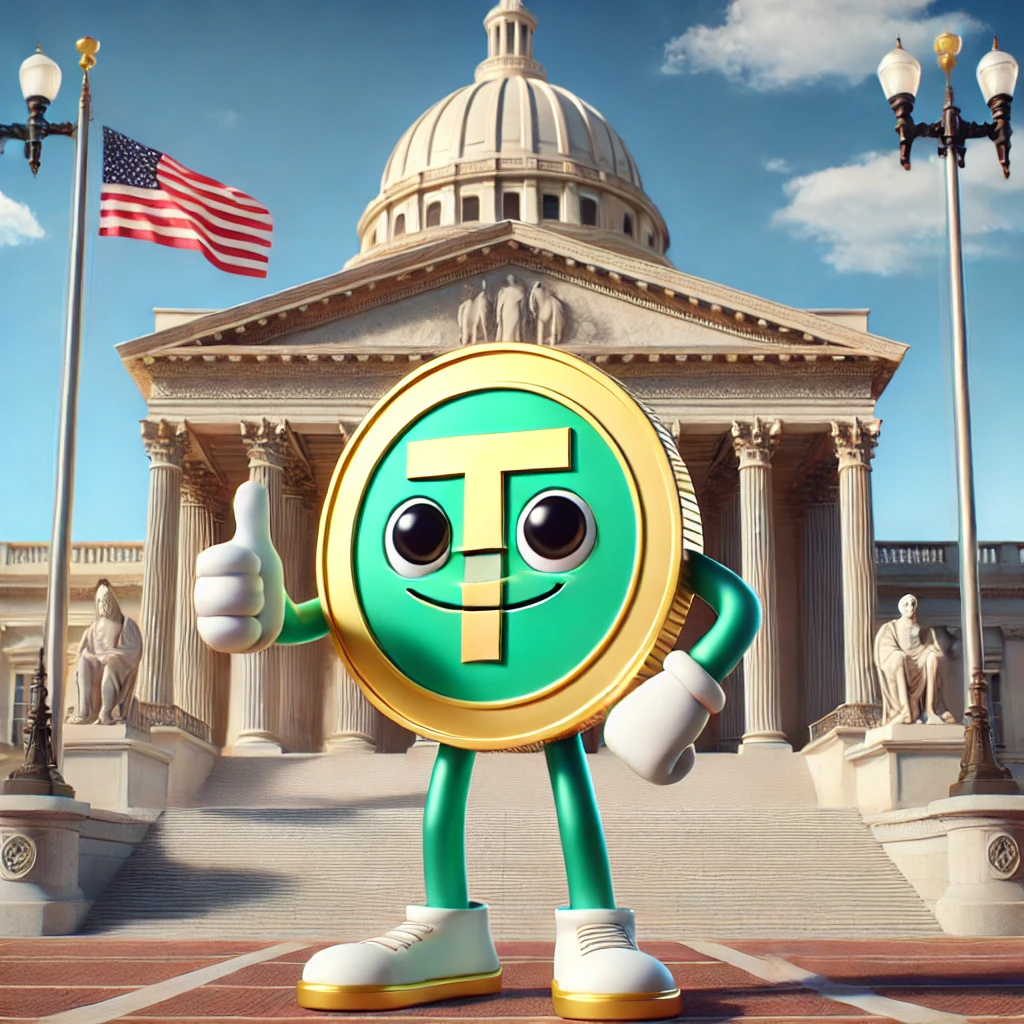U.S. House Greenlights STABLE Act for Stablecoins
0
0


The U.S. House Financial Services Committee has passed the STABLE Act with a 32-17 vote. This bill lays the groundwork for regulating stablecoins like Tether (USDT) and Circle’s USDC. The move aims to bring stability, safety, and clarity to the fast-growing digital asset market. The bill requires stablecoins to be backed one-to-one by U.S. dollars or short-term government debt. Lawmakers argue it will help modernize payments while protecting consumers.
Chairman French Hill led the push for the legislation. He stressed that “innovation needs guardrails, not roadblocks.” Supporters believe the STABLE Act strikes a balance between financial innovation and regulatory responsibility. Backers from both parties see it as a rare bipartisan moment in crypto policy. As the bill moves to a full House vote, all eyes are now on how the Senate will respond.
Stablecoins Get Structure: New Rules for Issuers
The STABLE Act introduces specific rules for stablecoin issuers. These companies must now fully back their coins with approved reserves like cash or Treasury bills. That means no more algorithmic stablecoins without real dollar backing—at least under this version of the bill. It also forces issuers to be transparent about their reserves and operations.
This change hits Tether directly, as it’s been criticized in the past for unclear reserves. Now, firms like Tether and Circle may benefit by getting official recognition and regulatory clarity. If they comply, they could see more institutional trust and wider use in the U.S. economy. Banks are also stepping into the game, with some even launching their own blockchain-based stablecoins. The act levels the playing field for everyone—from crypto-native firms to Wall Street giants.
Stablecoins as a Tool for U.S. Dollar Dominance
Lawmakers believe stablecoins could help strengthen the U.S. dollar’s global role. Congressman Dan Meuser said the STABLE Act will “reinforce the U.S. dollar’s status as the world’s reserve currency.” He also mentioned how the bill will make payments cheaper and faster for both businesses and everyday users.
This bill could make stablecoins a core part of the U.S. payment system. By anchoring them to strict dollar-backed rules, it ensures these assets remain closely tied to the traditional financial system. With countries like China pushing their own digital currencies, the U.S. doesn’t want to fall behind. Stablecoins could offer a competitive edge without losing control over monetary policy.
Tether and Politics: Controversy Around Ownership
Despite progress, not everyone is happy. Top Democrat Maxine Waters raised concerns about potential conflicts of interest. She accused Donald Trump and his allies of using the bill to advance their own stablecoin ventures, such as World Liberty Financial. Waters tried to block Trump-linked firms from issuing stablecoins, but her amendment failed.
This highlights the political friction surrounding crypto regulation. Still, some Democrats crossed party lines to support the bill, saying the crypto space urgently needs rules. The STABLE Act may not be perfect, but it’s a step toward formalizing an industry long seen as the Wild West. Stablecoins aren’t going anywhere, and now, neither is the debate over who gets to control them.
What’s Next for Stablecoin Regulation?
The STABLE Act isn’t the only bill in play. The Senate is working on its own version, called the GENIUS Act. It also sets rules for stablecoin reserves and issuer oversight. Lawmakers may push to align both bills in the coming weeks to speed up final approval. If they succeed, the U.S. could soon have a unified, nationwide framework for stablecoins.
Crypto lobbyists are reportedly working behind the scenes to merge the two proposals. That way, they can avoid lengthy negotiations between the House and Senate. The outcome could reshape how stablecoins like Tether operate in the U.S.—and influence how other countries approach regulation. Whether you’re in crypto or just watching from the sidelines, one thing’s clear: stablecoins are now a serious part of American finance.
0
0
 Manage all your crypto, NFT and DeFi from one place
Manage all your crypto, NFT and DeFi from one placeSecurely connect the portfolio you’re using to start.






